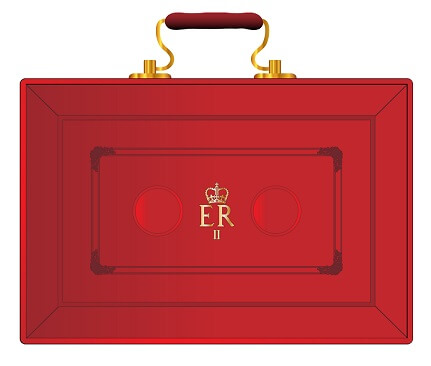There was more content to the Chancellor’s Budget than was expected. Here are some of the most note-worthy announcements.
Property
- As previously announced, with effect from April 2019, all non-residents who realise a gain on the sale of UK land, whether commercial or residential, will be subject to tax in the UK. They will also be subject to tax on the sale of shares in companies that derive at least 75% of their value from UK land.
- A new capital allowance to be called “Structures and Buildings Allowance” (SBA) (which has similarities to Industrial Buildings Allowance for those old enough to remember) will be introduced for buildings whose construction starts after Budget Day. It will allow a tax relief of 2% of cost on a straight line basis over 50 years.
- Also as previously announced, a reverse charge of VAT will be introduced for certain construction services (so that the VAT on a contract will need to accounted for to HMRC by the purchaser, not the supplier, of the services).
- Some changes are to be made to private residence relief from CGT for individuals who sell their main residence more than 9 months after they stop living in it.
- A consultation will be launched in January 2019 on imposing a 1% surcharge on SDLT rates for non-residents buying residential property in England.
Corporate
- The minimum holding period in order to obtain Entrepreneurs’ Relief will be extended from 1 year to 2 years for disposals made after 6 April 2019.
- In order to tackle misuse of Entrepreneurs’ Relief the conditions for a shareholding in a company to qualify will be extended so that an individual must be entitled, by virtue of their shareholding, to 5% of the votes and 5% of the distributive profits and assets on a winding up.
- A market value rule will be introduced for stamp duty on the transfer of listed shares between connected companies (currently if no consideration is given, there is no duty charge).
- A digital services tax will apply to large companies who derive value from their UK users. It will only apply to companies that have a worldwide group turnover in excess of £500m.
Employment
- The off-payroll working rules will be extended to private companies, in addition to the public sector as is currently the case. It will shift the compliance burden from the worker to the organisation. It will not apply to small companies.
Personal tax
- The personal allowance will increase from £11,850 to £12,500 from April 2019.
- The point at which a person becomes liable for the higher (40%) rate of tax will increase from £46,350 to £50,000. From April 2019.
If you have any questions about any of the announcements from Budget 2018 please contact Samuel Rippon, or your usual Teacher Stern contact.






